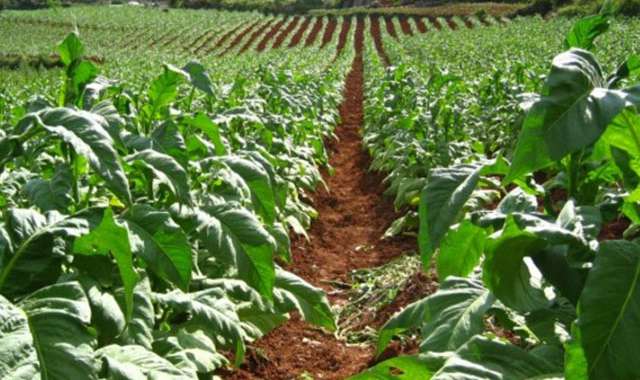Association in drive to establish woodlots

Tears Likupe Business Reporter
The Sustainable Afforestation Association (SAA) has entered into a joint venture programme with farmers in tobacco growing areas to establish eucalyptus energy woodlots as an alternative fuel for curing the crop.
The association’s operations director Andrew Mills said after recognising the urgent need for supplementary fuel wood resources, the association decided to enter into joint venture partnerships within the tobacco growing district to establish eucalyptus plantations at a commercial scale.
Under the arrangement, SAA provides capital and management skills while farmers provide the land.
SAA shares the produce from the first three harvests and thereafter, the ownership of the plantation is transferred to the farmer.
The association’s business relations manager Lloyd Mubaiwa said that eucalyptus had been selected for initial establishment because the trees mature early. The trees are also easy to manage and burn easily.
Since 2013, SAA has established almost 14 300 hectares of fuel wood plantations and is looking to reach 18 000 hectares by December 2018. Mr Mills indicated that additional solutions in dealing with deforestation were urgently needed.
“Coal is available, but it is not sustainable, it is expensive and inefficient.
“SAA has, therefore, started work to evaluate the use of bio-gas, ethanol and solar energy in curing tobacco,” he said.
Mr Mills added that the plantations are at risk from straying cattle, various insect pests and of course from uncontrolled fires but they have engaged the farmer partners and local communities for assistance
“We rely heavily on assistance from our partners and especially from local communities, whom we train and equip with fire-fighting skills and tools which they can use to protect not only our plantations but also their own assets. We also emphasise fire awareness and hold annual awareness campaigns,” he said.
“Indigenous woodlands and exotic forests play a critical role in sustaining people’s health and livelihoods, employment creation, provision of essential environmental services and contribute to the economy. Deforestation reduces the availability of these essential benefits to both the present and future generations.
“Forestry Commission estimates that Zimbabwe loses 300,000 ha of woodlands annually and that 15 percent of this deforestation rate is as a result of tobacco curing,” he said









Comments